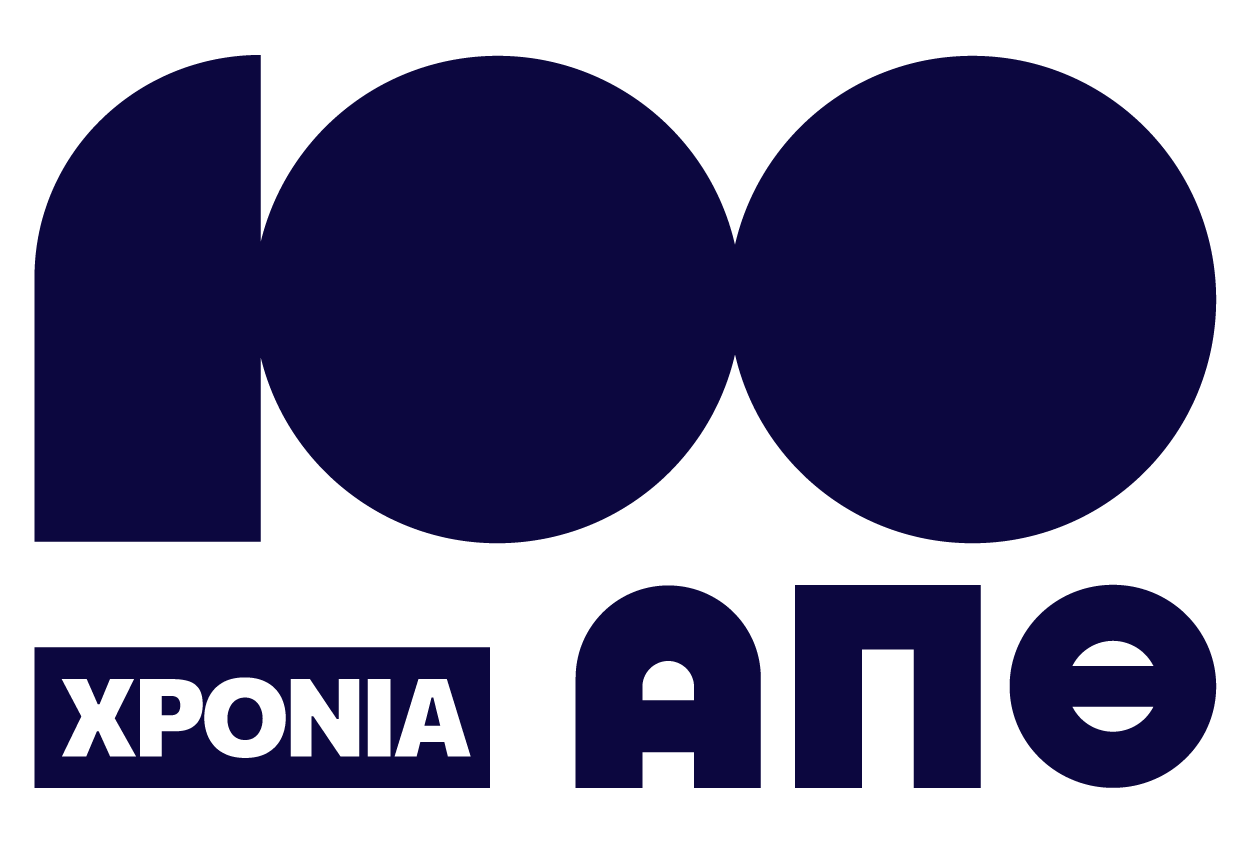
An online creative seminar with the title 'Letters: Dickinson’s Trojan Horse Within Epistolarity Gates'
will take place on Friday April 1st, 2022,
with the participation of
Dr. Efrosyni Manda
(Appointed Educator at Atalanti Senior High School;
PhD holder from National and Kapodistrian University of Athens)
*****
The workshop will be held between 18:45-20:15 via the ZOOM platform
Connection time via ZOOM: 18:30
Language of the workshop: English
**A certificate of attendance will be provided**
In order to ensure your online participation in the event, please fill in the form available here.
There are certain online spaces available. The ZOOM LINK to be used for the event will be sent to everyone registered the day before (31/3/2022).
This event is organized by the Creative Workshop Series 'Transparent Windows' (School of English, AUTh).
Event Coordinator: Dr. Tatiani Rapatzikou (trapatz@enl.auth.gr)
For any further inquiries, do send your emails to: trapatz@enl.auth.gr (Tatiani Rapatzikou) and svergopo@enl.auth.gr (Stavroula Vergopoulou).
ΕVENT ABSTRACT
Letter-writing is the means of bridging the spatiotemporal gap between the two poles of the correspondents, drawing them closer and annulling the physical absence of the sender through their ersatz epistolary presence. As the main means of communication in the nineteenth century, letters were believed to mirror the sender’s character; any violation of the epistolary norms prescribed by letter writing manuals could jeopardize the addresser’s respectability. Failure to comply with the tailored, highly restrictive epistolary norms meant that the violators were met with scorn and were socially outcast. By instilling and consolidating certain modes of conduct, standards of morality and accepted behavior, letter-writing functioned as a means of maintaining social order. Although Emily Dickinson made extensive use of the epistolary framework, she overstepped its restraining boundaries without ever leaving them. Fully aware of the normalization letter-writing involved, she twisted the epistolary rules while she ostensibly abided by them. In her youth, she mentioned the epistolary norms only to violate them; she toyed with conventions, appropriated them till she ultimately turned them against themselves and deconstructed them. Dickinson used the letter, a means of interpellation, to avoid interpellation. Her tactic becomes evident in the letters of her maturity in which she diverged from the epistolary conventions structurally, pragmatically, and semantically so as to voice her resistance to and rejection of existing hierarchies. Taking nineteenth century epistolary framework into account, seminar participants will be asked to respond to a writing prompt on a situational convention. They will also be encouraged to respond to prompts by subverting the restrictive epistolary conventions in a creatively transgressive way. In answering, students could write a typical letter, verses, use images, and other
BIO INFORMATION of GUEST SEMINAR SPEAKER
Efrosyni Manda teaches English in Atalanti Senior High School. She holds degrees in English Language and Literature (BA), in Translation Studies (MA) and in English Literature (Ph.D) from the National and Kapodistrian University of Athens. She has translated Dickinson’s Letters in Greek: 'Emily Dickinson: Επειδή δεν άντεχα να ζήσω φωναχτά. Ποιήματα και Επιστολές. I could not bear to live aloud. Translation of a selection of Emily Dickinson's Poems and Letters. (Athens: Gutenberg Press, 2013). She received the best translated book award from the Society of Literary Translators (2013). She has participated in the Emily Dickinson International Society Conference in Paris (2016) and in the Emily Dickinson International Society Critical Institutes in Amherst, Massachusetts (2017, 2018).